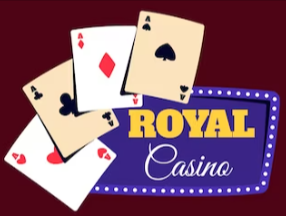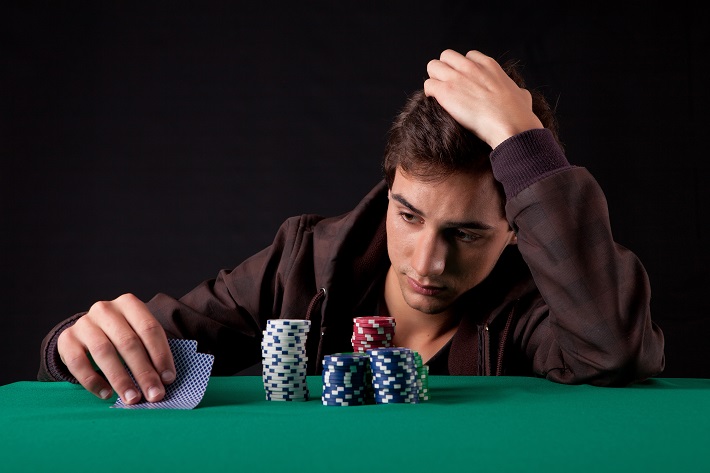For many people, online gambling begins as a harmless thrill. Platforms like Nomini offer smooth gameplay, colorful interfaces, and seemingly endless opportunities for fun. But for some, the line between entertainment and compulsion becomes dangerously blurred. Quitting is hard—not just because of the gambling itself, but because breaking the habit can affect your identity, routine, and mental health. So how do you perform a gambling detox that doesn’t damage your psyche? This article explores psychological insights, behavioral strategies, and holistic approaches to guide individuals through a healthier exit from betting.
Understanding the Cycle of Gambling Addiction
The Lure of Dopamine
Gambling releases dopamine, the brain’s reward chemical. The intermittent nature of wins keeps the brain on edge, creating a loop of expectation, disappointment, and renewed hope.
Behavioral Conditioning
Much like Pavlov’s dog, gamblers are conditioned through rewards and stimuli. Sounds, colors, and notifications become triggers that reinforce compulsive behavior.
Identity and Escape
For many, gambling becomes part of their daily rhythm or a refuge from anxiety, depression, or loneliness. Removing it feels like losing a coping mechanism rather than eliminating a vice.
The Psychological Challenge of Quitting
Withdrawal Symptoms
People who stop gambling may experience irritability, insomnia, restlessness, or anxiety—symptoms similar to other forms of withdrawal.
Loss of Excitement
Without the dopamine highs of gambling, life may initially seem dull. This emotional drop-off is one of the hardest hurdles to overcome.
Grief for the “Old Self”
There’s often a grieving process for the identity associated with gambling—the risk-taker, the strategist, the thrill-seeker.
Step-by-Step Guide to a Gentle Gambling Detox
Step 1: Acknowledge the Problem
Self-awareness is the first step. Journal your gambling behavior: time spent, money lost, emotions felt. Seeing it on paper often prompts a reality check.
Step 2: Set a Quit Date
Choose a meaningful quit date. Avoid vague statements like “tomorrow”—having a clear target helps the mind prepare for change.
Step 3: Remove Triggers
Unsubscribe from gambling emails, delete betting apps, block websites, and set parental controls on browsers. Out of sight means out of temptation.
Step 4: Find Replacement Activities
Fill the gap with equally stimulating but healthy alternatives: chess, online classes, creative writing, or volunteering. Replace the thrill, don’t just eliminate it.
Step 5: Create Accountability
Tell someone you trust about your plan. Join online support groups or forums. Having witnesses to your commitment creates psychological pressure to stay on track.
Managing the Psychological Fallout
Practice Self-Compassion
Guilt is a major barrier to recovery. Speak to yourself kindly. You’re not weak—you’re human.
Redefine Success
Instead of tracking money saved or days clean, track how you feel, how often you smile, or how many nights you sleep well. Reframe recovery.
Therapy and Counseling
Cognitive Behavioral Therapy (CBT) is particularly effective in identifying thought distortions that fuel gambling. Seek help if emotional strain becomes unbearable.
Mind-Body Techniques to Stabilize Mental Health
Meditation and Breathwork
Calming the nervous system through breath reduces cravings. Apps like Headspace and Calm can help guide practice.
Exercise as a Coping Tool
Physical movement increases dopamine and serotonin in healthy ways. Cardio, yoga, or strength training offer emotional and psychological benefits.
Nutrition and Hydration
A poor diet worsens mood swings. High-protein foods, omega-3s, and hydration contribute to emotional regulation.
Digital Detox: Breaking Online Patterns
Set Screen Boundaries
Use app timers, install focus apps like Forest, and dedicate offline time blocks in your day.
Change Your Digital Ecosystem
Follow non-gambling content: cooking, travel, tech, or self-development. Feed your brain a different stream of dopamine sources.
Customize Your Environment
Move your workspace, change your phone background, use a different browser. These small tweaks reduce habit triggers linked to gambling routines.
Rebuilding Financial Trust and Stability
Create a Transparent Budget
List all your expenses and income. Assign every dollar a job using the zero-based budgeting method.
Block Financial Access
Give temporary card control to a family member, use prepaid cards, or freeze your accounts if needed.
Celebrate Small Wins
Paying a bill without anxiety? Celebrate. Resisting a bonus email? Reward yourself. Small achievements deserve recognition.
Long-Term Psychological Reinforcement
Visualize a Gambling-Free Identity
Use vision boards or affirmations. See yourself as someone who thrives without gambling. Visualization rewires neural patterns.
Build Rituals and Routines
Replace gambling with morning walks, evening journaling, or Sunday planning sessions. Rituals create stability.
Focus on Contribution
Help others who are starting their recovery. Sharing insights can reinforce your own progress and give purpose to your journey.
Tools and Resources
Self-Exclusion Programs
Use tools like GAMSTOP or BetBlocker. Platforms also offer self-exclusion features that can support your journey.
Hotline Support
Reach out to gambling helplines. Trained professionals provide emotional and practical support.
Financial Counseling
Specialists can help you manage debt, restructure payments, and rebuild credit.
Final Thoughts: Healing Without Hurting
Breaking the gambling cycle isn’t just about saying “no”—it’s about rebuilding life in a way that doesn’t hurt your emotional well-being. Detoxing safely means replacing chaos with clarity, craving with calm, and guilt with growth. With thoughtful planning, community support, and psychological insight, a gambling-free life isn’t just possible—it’s deeply rewarding.
Platforms may offer enjoyment for some, but for others, stepping away is the healthiest choice. If you’re ready to detox, do it with the same strategy and determination that once made you a focused player. The game has changed—now you’re playing for your peace.

